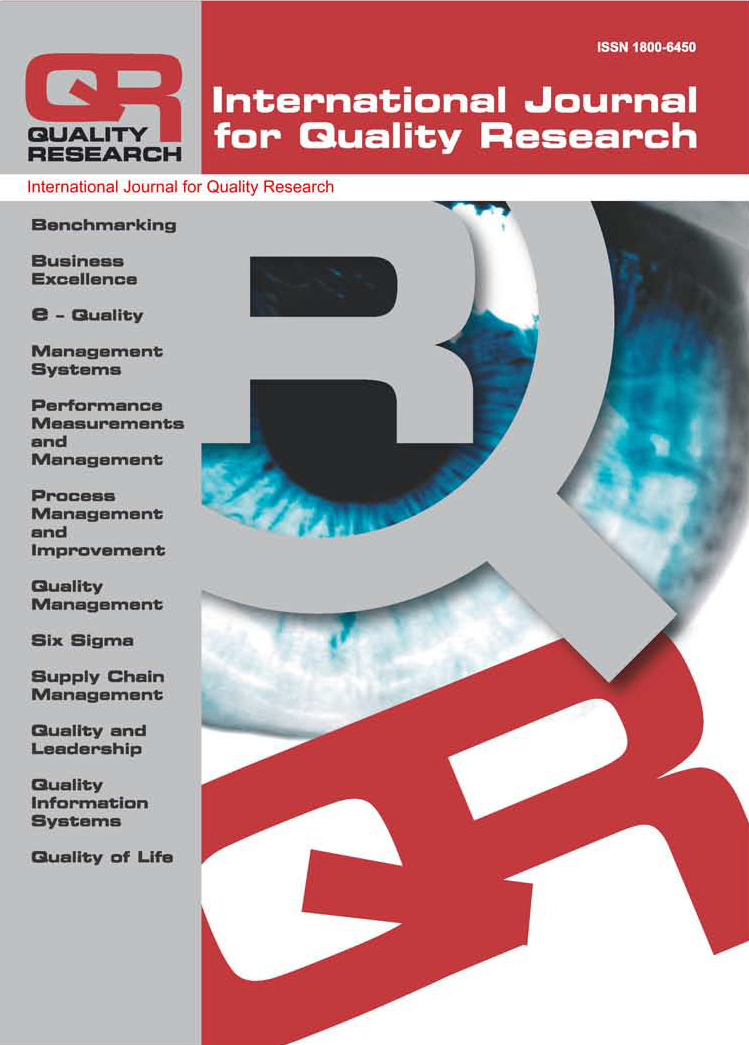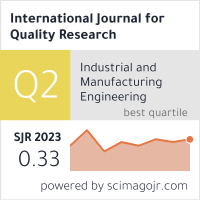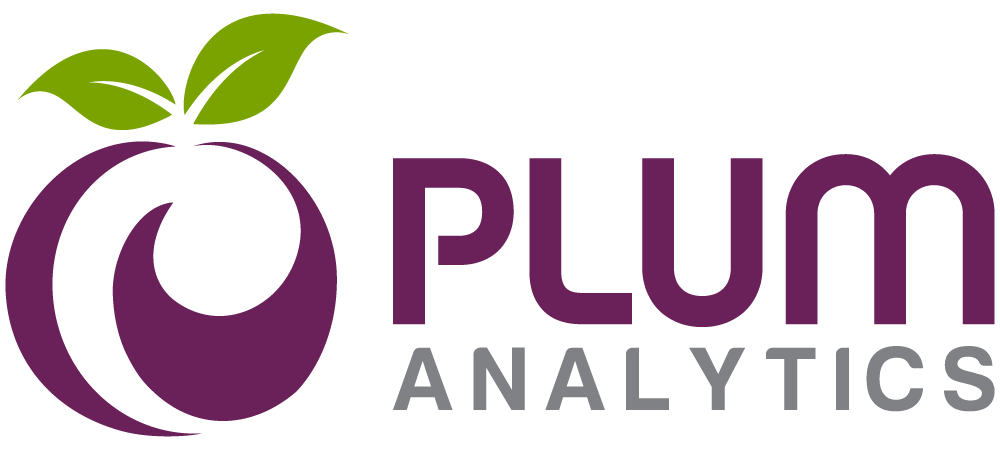EXPLORING DEEP TECH: STUDENT PERSPECTIVES AND CROSS-UNIVERSITY ANALYSIS
Mirza Pasic,
Lavdie Moisiu,
Jelena Sakovic Jovanovic,
Srna Sudar,
Aleksandar Vujovic,
Mugdim Pasic
Abstract: This paper focuses on exploration of deep tech potential at three universities in South East Wurope: University of Sarajevo (UNSA) from Bosnia and Herzegovina, Polytechnic University of Tirana (UPT) from Albania and University of Montenegro (UoM) from Montenegro. One-way analysis of variance (ANOVA) and Tukey procedure for multiple comparisons were performed to assess and compare perceptions of students of these three universities regarding different deep tech issues. Research hypotheses were that there were differences in the interest of students of these three universities to (i) take one or more university courses to gain knowledge on certain deep tech technologies, (ii) attend other means of learning about deep tech (workshops, trainings, online courses, etc.) outside of the University, (iii) start own company in a deep tech field, and (iv) be actively engaged in deep tech research and development projects. Results of the research showed that hypotheses were not supported except regarding start of the own company in a deep tech field where there was difference in the interest of UNSA and UPT students and UoM and UPT students. There were differences in offering courses in deep tech areas, and that students at all three universities are highly motivated to acquire deep tech competences especially in the areas of robotics, artificial intelligence and machine learning including big data, and sustainable energy and clean technologies. Higher education, as one of three knowledge triangle components, may serve as very important point in creating dynamic knowledge triangle deep tech ecosystem and be the driving force as the source of educated relevant experts needed for deep tech development.
Keywords: deep tech, statistical hypothesis test, ANOVA, Tukey procedure for multiple comparisons, cross-university analysis
DOI: 10.24874/IJQR18.03-07
Recieved: 02.09.2023 Accepted: 25.03.2024 UDC: 378:005.642.1
Reads: 146 








